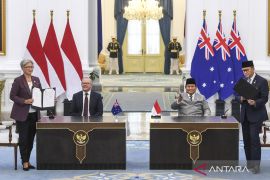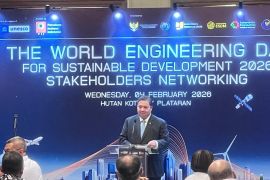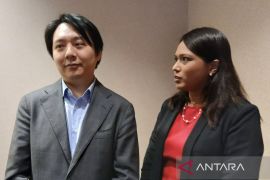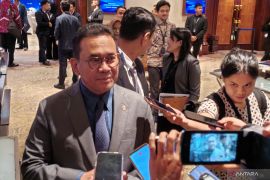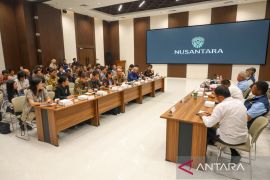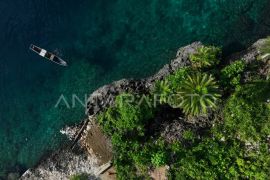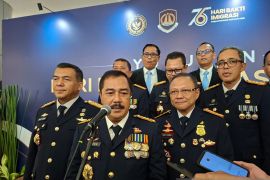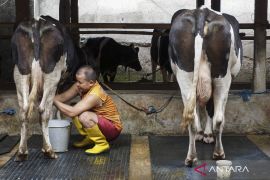"This is what is called state sovereignty. This is to encourage economic independence. If we are still thinking about sending raw materials, it means that we are still being colonized," he said after the opening of the 2023 National Investment Coordination Meeting in Jakarta.
He noted that the creation of added value was paramount to increasing state income.
Before implementing downstreaming, nickel exports in 2017 were only valued at US$3.3 billion. The figure increased to US$33.8 billion in 2022 after implementing downstreaming.
These figures only come from some nickel derivatives, not including electric vehicle (EV) batteries and electric cars, he said.
Lahadalia also stated that downstream nickel products are not only used for the production of electric car batteries, but Indonesia can make finished products, such as stainless steel, spoons, and steel, from nickel.
"I sometimes find it confusing when people think that downstreaming is only part of one product, such as the electric car battery ecosystem. That is just one part," he stated.
Lahadalia expressed belief that Indonesia's investment target of Rp1,400 trillion (around US$92.26 billion) in 2023 would be achieved by the end of the year.
In 2024, the Ministry of Investment is aiming to secure investment worth Rp1,650 trillion (around US$106.34 billion).
He stated that this represents a significant increase in investment targets, so a special strategy was required to achieve it.
"Therefore, today, we are holding a coordination meeting to discuss the strategy. (It is) because this is not easy. This is a political year. Meanwhile, the geopolitical situation is also uncertain. Therefore, we need to set the strategy through a coordination meeting," Lahadalia remarked.
Related news: Continue to improve domestic investment climate : President
Related news: Indonesia needs US$106 mil. investment to reach 2024 economic growth
Translator: Maria Cicilia Galuh Prayudhia, Katriana
Editor: Anton Santoso
Copyright © ANTARA 2023

